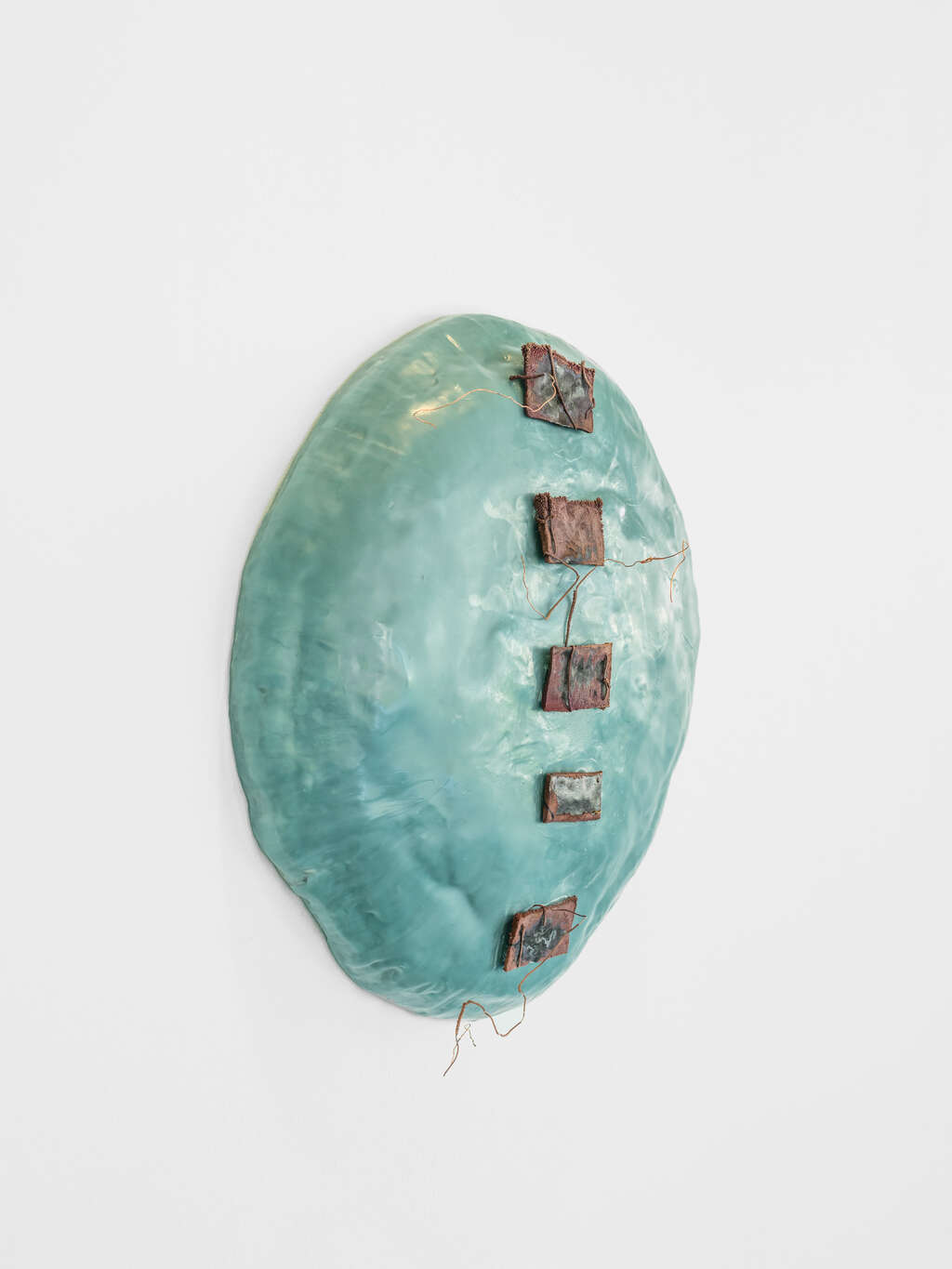Juliana Lindenhofer
Juliana Lindenhofer (°1987, AT) lives and works in Vienna.
Her artistic practice comprises sculpture, DJing, and drawing. She describes her working process as "self-fashioning".

Courtesy of the artist
Juliana Lindenhofer (b. 1987, Graz, Austria) lives and works in Vienna. She obtained a Master of Fine Arts from the Academy of Fine Arts Vienna, where she studied Sculpture and Spatial Strategies with Iman Issa. Her artistic practice comprises sculpture, DJing, and drawing. She describes her working process as self-fashioning.
Fashioning in the sense of morphing systems and titles, of negotiating (material-) families other than the nuclear, where integral accessories and holding structures have the same importance as anything else.
"The ostensible search for orientation that underlies Lindenhofer’s practice rather points to the problematic and normative notion of being oriented. Orientation is fragile—it signifies a constant re-engagement, dwelling, rethinking. Isn’t this so that the world always takes on new forms, depending on which way we turn? The neoliberal fairy tale of the linear timeline, of becoming someone/something, obscures the view of the liberating formlessness and versatility of the world. Objects help with orientation. When we face certain familiar objects, we know where we are looking. Lindenhofer’s objects gather differently, create different conditions. They are close without being exclusionary, wanting you to be close to them, too." (Inga Charlotte Thiele)
"Juliana Lindenhofer’s precarious material aggregates change over time and temperatures, grow or shrink, stretch or condense. Their transformability allows them to escape the control of the hanging devices, but following earth’s attraction and the entropy of matter. Almost an intimate collaboration between the artist and the material, between her intentions and more-than-human agencies, they are at the same time crude and elaborate, precise and open. The (critical) evocations of working-class, heteronormative family models, and patriarchal control in the titles are at odds with the formal characteristics and material of the works." (Anne Faucheret)
This residency is supported by Steiermark.